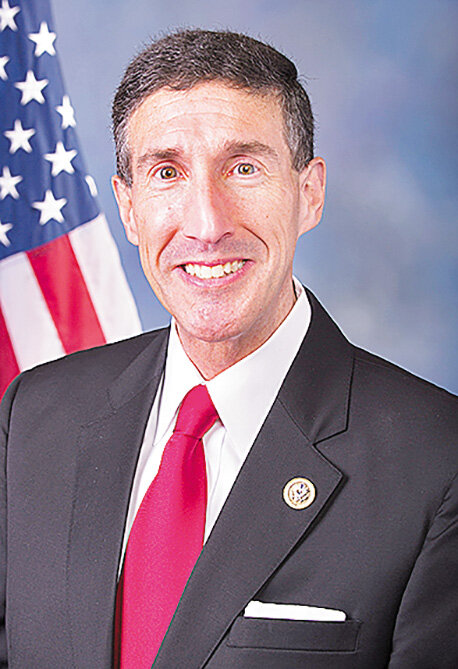Kustoff proposes bill to halt mailed fentanyl into US
 Congressman David Kustoff
Congressman David KustoffCongressman David Kustoff (R-TN) and Congressmen Mike Ezell (R-MS) introduced the Uniform Postal Data Acquisition for Transparency and Early Detection within the United States Postal Service (UPDATED USPS) Act, in the House of Representatives. This legislation would stop China and other bad actors from using the U.S. Postal Service (USPS) to send fentanyl and other deadly drugs into communities across the United States.
“Bad actors are not only smuggling deadly fentanyl across our southern border, but they are also mailing it into our communities from overseas,” said Congressman Kustoff. “We must provide all law enforcement agencies, including Customs and Border Protection, the resources they need to protect American citizens. That is why I joined Rep. Mike Ezell to introduce this important legislation that will help stop the flow of dangerous drugs into our country."
“As a sheriff, I saw first-hand how fentanyl has taken lives and devastated communities,” said Congressman Ezell. “The UPDATED USPS Act will give law enforcement more resources to shut down fentanyl supply chains and make it more difficult for our adversaries like China to send deadly drugs into the United States."
Background:
Cartels and drug traffickers have historically used the U.S. Postal Service as a way to move fentanyl and its precursor chemicals into the United States because the U.S. Postal Service did not require advanced electronic data (AED) on inbound international packages, according to a press release issued by Kustoff’s office.
AED provides postal carriers and law enforcement partners with critical information on each package, including its destination, contents, and sender. The STOP Act of 2018 required the creation of new AED guidance for the U.S. Postal Service. However, traffickers have exploited loopholes in this guidance to continue moving fentanyl and precursor chemicals into the United States.
The UPDATED USPS Act strengthens enforcement of STOP Act provisions by putting an end to the methods cartels have used to subvert this guidance. If passed, the proposed legislation would go into effect after Dec. 31, 2023.
Specifically, the bill:
- Ends exemption waivers that allow nations like China to evade detection by first shipping fentanyl into other countries before sending it to the United States;
- Requires the USPS to publish statistics about incoming international mail without AED, including country of origin, to help law enforcement identify and shut down fentanyl supply chains;
- Requires mail sent from other nations without AED to be returned to sender, not housed in the United States; and
- Expands AED requirements beyond packages to all mail, which better addresses the potency of even small amounts of fentanyl.





